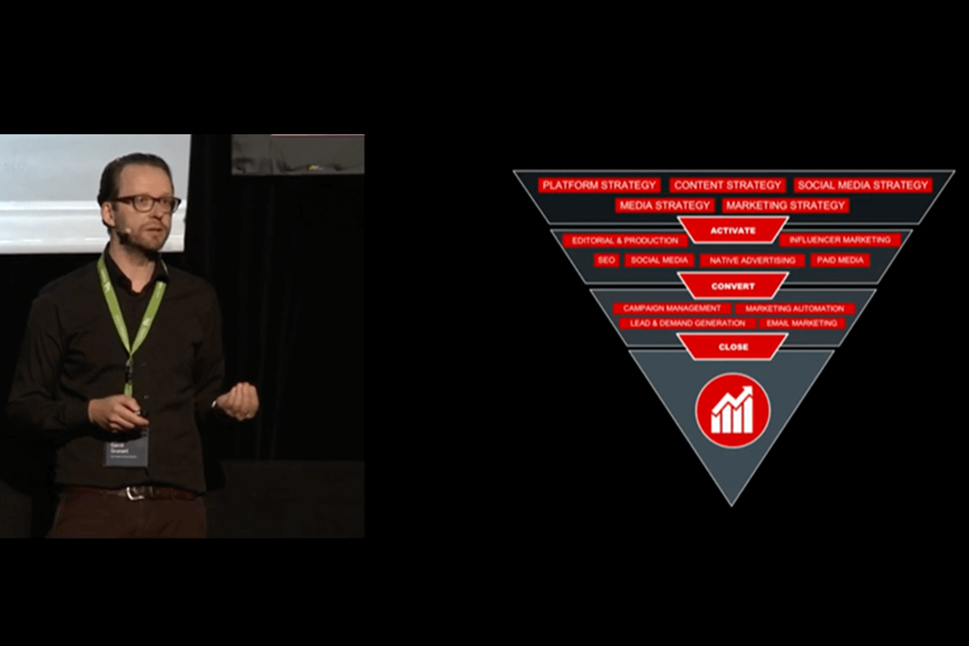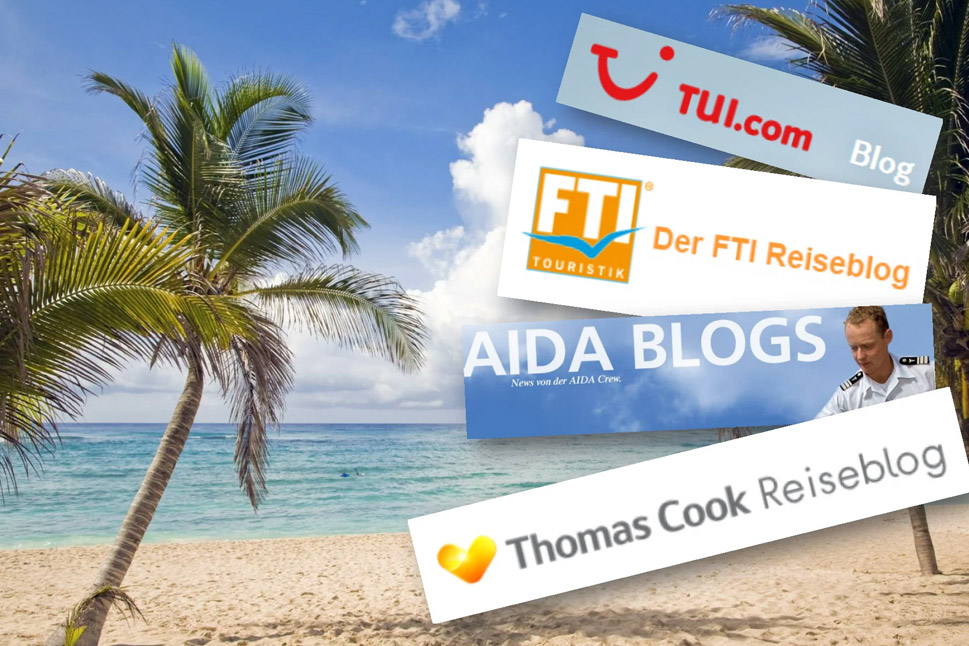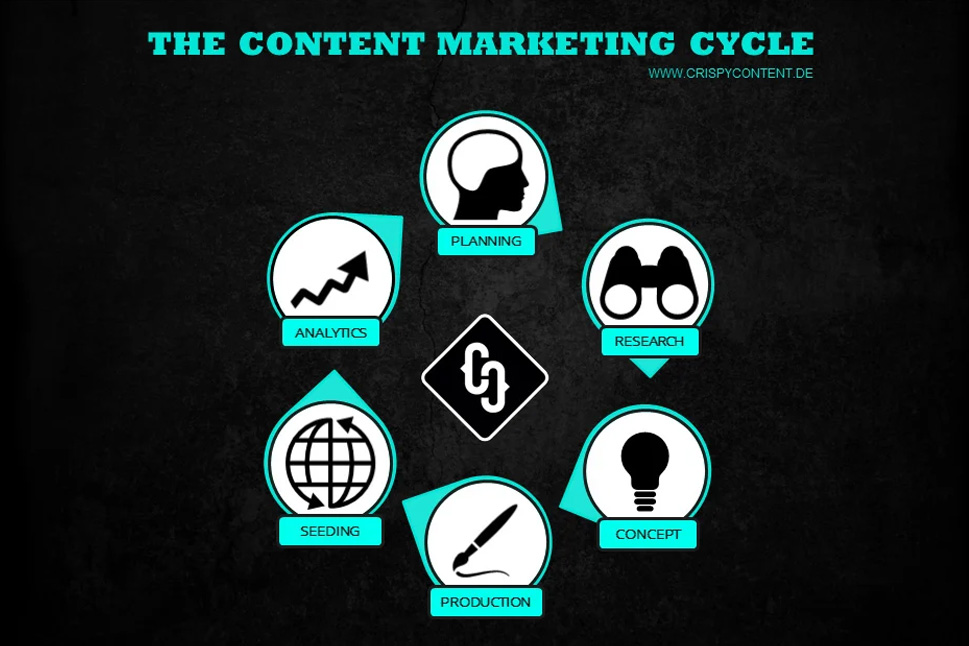Content Strategy 2025: Uniting Quality and AI in Marketing
Last updated on August 26, 2025 at 07:33 AM.The integration of Artificial Intelligence into content production is now a standard practice. Large and internationally oriented companies, in particular, rely on automation to meet increasing content demands. The advantages are clear: processes are accelerated, routine tasks are outsourced, and budgets are used more efficiently. However, there is a downside. While AI increases production capacity, it does not automatically enhance quality or ensure alignment with business objectives. Prioritizing quantity over quality risks diminishing the relevance of content for target audiences.

Scaling Without Strategy: Content Chaos as a Business Risk
The speed at which AI-generated content is produced presents new challenges. Corporate websites and social media channels are flooded with visually appealing posts that are often published without strategic oversight. The exponential growth of content increases the risk of unstructured, uncoordinated messaging.
Without a clear structure, the flood of posts, visuals, and updates can overwhelm audiences. Users lose orientation, brand messages become diluted, and the risk of so-called “zombie content” rises. Experience shows that scaling content without a solid strategic framework rarely delivers the desired business value.
Content Audits as the Key to Greater Efficiency
To counteract content sprawl, many organizations now conduct regular content audits. Systematically analyzing existing content is necessary to identify gaps, redundancies, and outdated posts. Leveraging targeted performance metrics helps determine which content truly contributes to goals and which merely consumes resources without adding value.
A structured audit process streamlines the content landscape and ensures the quality of retained assets. Superfluous or conflicting content is removed, while relevant material is reinforced. The result is a consistent brand presence aligned with corporate objectives and the customer journey.
Authenticity and Governance Gain Importance
According to Artsmart.ai the integration of AI into social media and content processes has resulted in 80% of content recommendations and 71% of images now being AI-generated. While targeted automation increases engagement, it also fuels user skepticism: authenticity, transparency, and governance become critical requirements. Lack of oversight can lead to loss of trust, especially when AI-driven influencer campaigns and sponsored posts are not clearly labeled.
Content governance—the systematic management and oversight of the content ecosystem—is emerging as a success factor. Companies that define clear responsibilities and processes for quality assurance benefit from stronger brand perception and a more consistent presence.
Innovative Solutions for Sustainable Content Management
A key approach to managing content overload is a consistent focus on quality over quantity. According to HubSpot, a strategic approach to content means reusing and repurposing existing material—such as turning blog posts into videos, podcasts, or social media assets—while keeping an eye on quality over quantity, rather than overproducing new content. Small, iterative improvements to existing content deliver better results than large-scale relaunches.
This qualitative approach should be combined with a clear structure of accountability. The introduction of content owners—team members with defined responsibility for specific topic areas—facilitates management and optimization. Data-driven decisions, supported by continuous monitoring and feedback, ensure that every content initiative serves a specific objective.
Human Expertise Remains Irreplaceable
Industry experience confirms: AI is a valuable tool, but it cannot replace human oversight and creativity. There are many examples of companies drastically increasing their newsletter output with AI. The result: frequency rises, but brand voice becomes diluted, and recipients respond with growing indifference. Only a return to a human-curated content strategy brings about change. The editorial team regained final control, tailored content to brand identity, and restored reader trust. Cases like these demonstrate: the combination of AI-supported groundwork and human quality control leads to sustainable success.
Clear Structures and Agile Processes Secure Business Success
Successful content strategies are built on lean, structured processes. Organizations that regularly review, consolidate, and govern their content ecosystems achieve superior results. The key components:
- Regular content audits and consolidation
- Clear assignment of responsibilities
- Use of data for continuous optimization
- Strategic prioritization over ad-hoc production
- Iterative, incremental improvements instead of complete overhauls
This approach prevents overproduction, increases content relevance, and simplifies performance measurement.
First Steps Toward Effective Content Optimization
To lay the foundation for a sustainable content strategy, start with a thorough inventory of existing assets. A comprehensive content audit, supplemented by performance analysis, reveals weaknesses and opportunities. The next step is to define clear objectives, target audiences, and responsibilities. Existing content is prioritized based on relevance, timeliness, and effectiveness in achieving goals. Ongoing monitoring and adaptation to new trends and channels complete the process.
Engaging with industry peers, gathering external benchmarks, and involving stakeholders early add significant value. This helps identify potential issues early and allows for targeted development of the content strategy.
Industry Expertise, Methodology, and Trend Sensitivity as Competitive Advantages
Today’s content production challenges are multifaceted: balancing efficiency and quality, managing expanding content ecosystems, and safeguarding brand identity and user trust. Those who rely on proven methodologies, recognize trends early, and understand business needs in the digital age create sustainable value. Agencies that demystify complex marketing mechanisms, communicate clear methodologies, and empower organizations to improve their own communications are especially in demand.
The key differentiator lies in combining creativity, analytical expertise, and deep industry knowledge—a strategy that not only delivers short-term efficiency gains but also supports the long-term development of strong brands.
Creative, smart and talkative. Analytical, tech-savvy and hands-on. These are the ingredients for a content marketer at Crispy Content® - whether he or she is a content strategist, content creator, SEO expert, performance marketer or topic expert. Our content marketers are "T-Shaped Marketers". They have a broad range of knowledge paired with in-depth knowledge and skills in a single area.

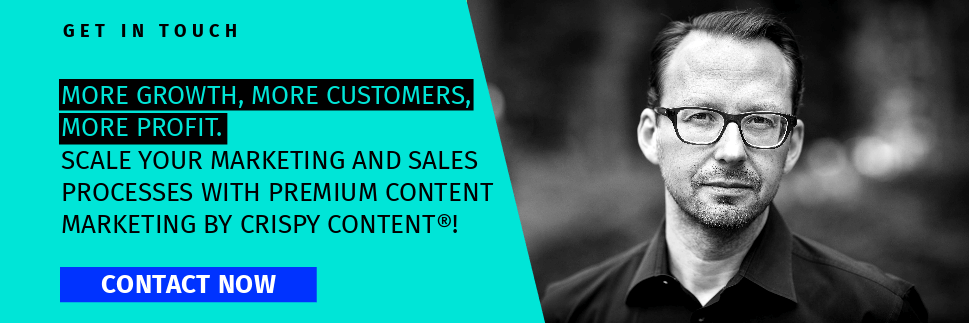














.png)











.jpg)

-1.jpg)

-1.jpg)
.jpg)



.jpg)













.jpg)







.jpg)



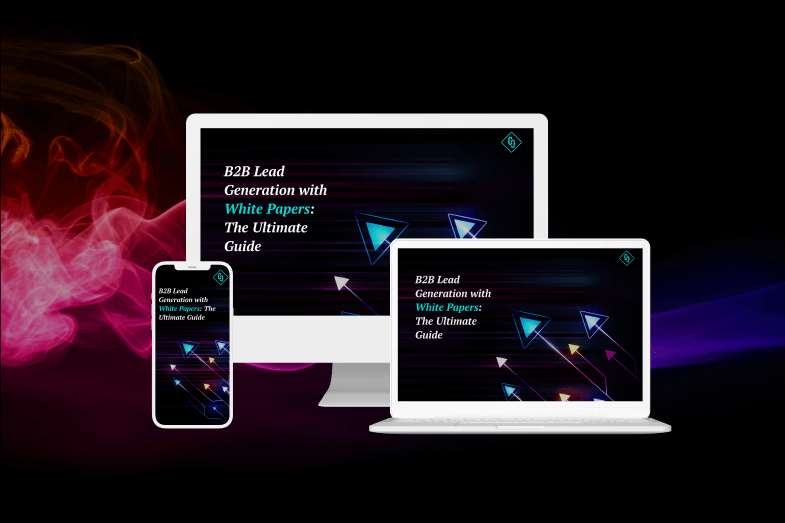





























.jpg)

















